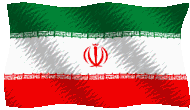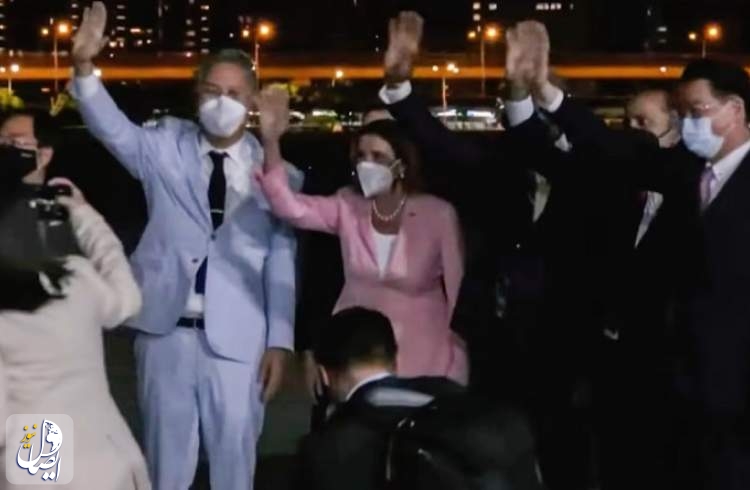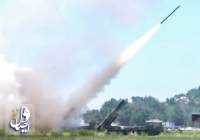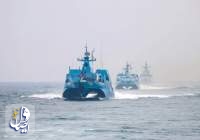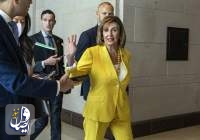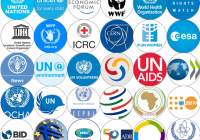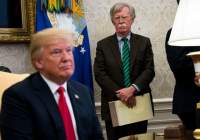Beijing has repeatedly threatened forceful measures if Pelosi, the most senior US politician to visit Taiwan since 1997, went ahead with the plan. Opinion in the US is divided over the visit, with some warning it raises the risk of igniting a conflict between China and the US. Jet that took Nancy Pelosi to Malaysia skirts South China Sea after leaving Kuala Lumpur.
- My message to the new world
- The signing ceremony of bilateral cooperation documents between Iran and Venezuela was held
- Ukraine says it has proof Russia was behind dam blast
- Chinese warship crossed in front of a U.S. destroyer in the sensitive waterway
- Russia’s Prigozhin claims complete capture of Bakhmut
- Blasts rock Russia-annexed Crimea
- World’s highest railway bridge to open in Kashmir soon
- Russian, Chinese, Iranian drills contribute to regional security
- Ex-student shoots dead 3 children, 3 adults at Tennessee Christian school
- Australia to buy as many as five nuclear subs from United States

